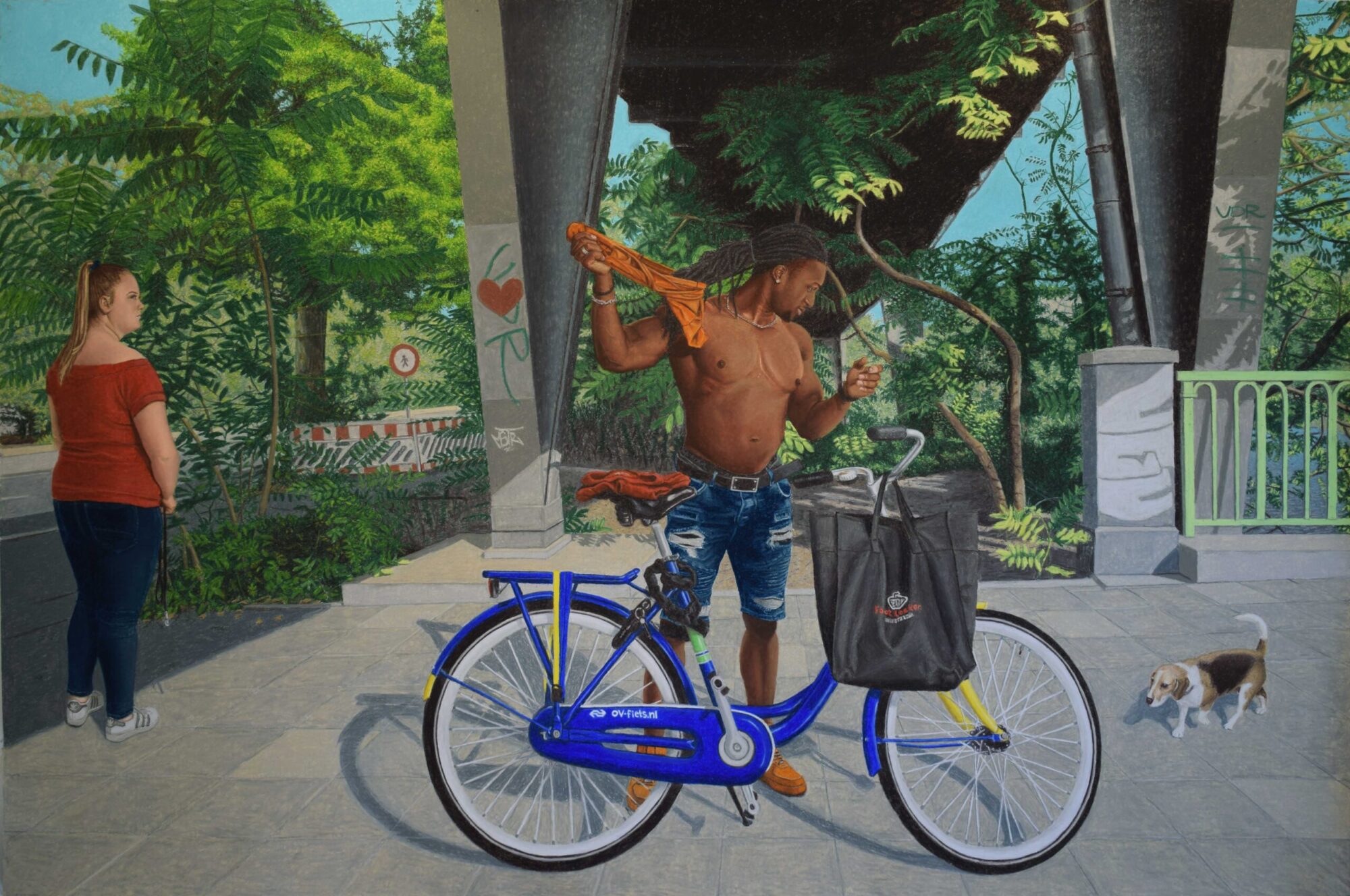Frugality
Frugality is an overly resorted characterization for the individuals who wish to ridicule and tease the Dutch, most commonly from members of their neighbouring countries. However, what does the use of this word truly entail? It could be a nice way of complimenting their economically attentive nature, yet essentially, it is merely a derogatory means of calling the Dutch cheap. Although offensive, there is a level of fairness to this statement to be said. In initial Dutch theatre, the role of a merchant was typically portrayed with selfish and manipulative behavior (Sturkenboom, 213). One example would be the playwright’s Dirck Volckertszoon Coornhert 1580 piece De Coopman, which translates into The Merchant. Coornhert uses his platfrom as a playwright to advise all merchants to avoid the countless moral pitfalls that are at precipitated through their occupation. The act of chasing profits was already impeaching Christian beliefs, therefore the merchant itself was a societally frowned profession. This coincides with the idea of being frugal, as these staged merchants showed no boundaries for human decency, looking to take advantage of anyone who presented an opportunity to turn a profit and enrich themselves. Dutch poetry in the same era would suggest that the root of all evil was derived from a salesman’s behavior, in addition to the conduct of merchants being a form of social abuse (Johannes et al, 338). This perception did change however, as there seems to be a glaring correlation between the prominence of merchants and their value to the Netherlands with the improvement in their on-stage characteristics. Poets now argued that the shame fell on those who allowed themselves to be a victim of a merchant’s trickery. Well into the Dutch “Golden Age”, where the nation saw their best economic growth, theatres now depicted their renowned merchants as honest and native men, only engaging exchanges in good faith. It was important to the Dutch that their merchants were native, as it was somewhat of their way to show national pride and to rebuff the idea that the best merchants were immigrants from various European cities, especially Antwerp as they had a highly established economic base before they were conquered in the late 16th century. Despite all the glorifying aspects represented, there was always interestingly a link between the pragmatic sense of merchants in relation to their lack of aesthetic taste. This simply suggests that the Dutch are very objective and fail to see the non-monetary value of things, and are very reliant on the numbers that define somethings value, which leads to the idea of having a strong culture for the stock exchange today. These values can be translated in today’s society, where the Dutch as well known for being abruptly direct in addition to their preference for accurate information. Returning back to look at the frugality of Dutch society nowadays, they quite literally find themselves in an elite group bestowed as the “Frugal Four”, including their Danish, Austrian and Swedish counterparts, with previous members including the UK and Germany. It is even said the unofficial leader of this group is none other than Dutch Prime Minister Mark Rutte. Earlier this calendar year, the Frugal Four were adamant to maintain the EU budget in contrast to the majority which wish to see an increased budget (ECFR). This goes on to show the extent to which Netherlands have maintained their monetarily conservative demeanor for over four centuries, and in this present day we can see evidence of similar behaviors as of four centuries ago.
